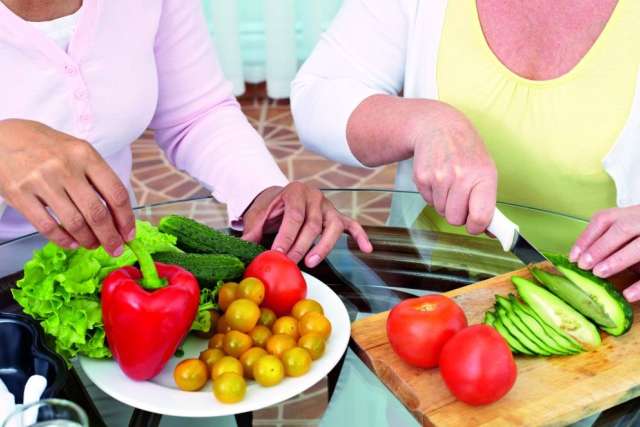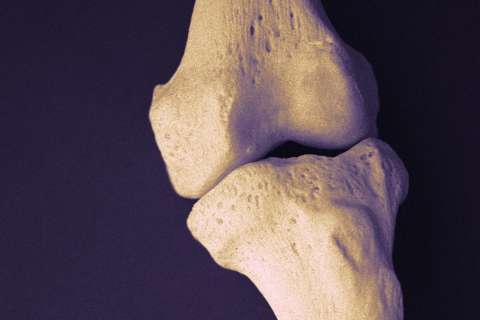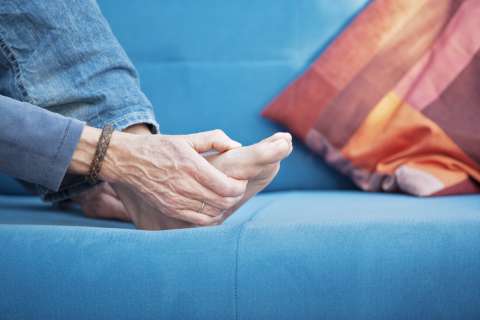Dear Doctors: I’m getting chemotherapy for breast cancer. I expected the nausea and exhaustion, but I didn’t know food would start to taste metallic and just plain weird. Some days all I want are potato chips, which still taste OK to me. I’m never hungry, so it’s hard to eat. What can I do?
Dear Reader: There’s no question that chemotherapy can be a rough road. And while most people are aware of side effects such as nausea and exhaustion, these are not the only challenges that patients face. Poor appetite and even a complete loss of appetite are common side effects. Up to half of patients experience changes to their sense of taste, as you have.
Although the reason for this change isn’t clear, researchers suspect that certain chemotherapy drugs directly affect taste receptor cells in the tongue. All of this can lead to rarely feeling hungry, eating less than usual or becoming full after eating even a small amount. Unfortunately, this loss of appetite can cause serious problems, such as weight loss, inadequate nutrition and a decrease in muscle mass. Any of these may slow the pace of recovery, so eating has to become a priority. And due to the special challenges you face at this time, it’s possible that your eating habits will become different from the people around you.
When your appetite flags, eat what appeals to you the most. And if this means including a snack of the potato chips you find yourself craving, that’s OK. Eating something you like can prime your taste buds and make it easier for you to also have something more healthful.
Many chemo patients find that switching from three main meals per day to six or more smaller meals can be helpful. When the way that food tastes has changed, cold or frozen food can taste better than foods that are served warm. An unappealing yogurt or nutritional drink can, when served frozen, become easier to get down.
Believe it or not, switching from metal utensils to plastic or bamboo can help lessen the metallic taste of foods that some chemotherapy drugs can cause.

It is also recommended that you avoid eating a few hours before and after chemotherapy, particularly your favorite foods. This helps to prevent food aversions, which can be triggered by association with the nausea and vomiting that are often side effects of the treatment. Some patients have found that taking zinc sulfate supplements can improve taste issues that arise from chemotherapy. But be sure to check with your doctor first, particularly while undergoing active treatment.
We also think it would be a good idea to consider seeing a registered dietitian. They can work with you to make an eating plan, suggest useful vitamins and supplements, and help you deal with side effects. Some dietitians, known as oncology dietitians, specialize in working with cancer patients. Your doctors should be able to make recommendations.
Proper nutrition is essential during cancer treatment, and during your recovery from the treatment, as well. It’s important to make it a priority during this important time in your life.
The UCLA Center for Human Nutrition is at the forefront of clinical practice and nutrition research. Learn more and schedule an appointment.
(Send your questions to [email protected], or write: Ask the Doctors, c/o UCLA Health Sciences Media Relations, 10960 Wilshire Blvd., Suite 1955, Los Angeles, CA, 90024. Owing to the volume of mail, personal replies cannot be provided.)



